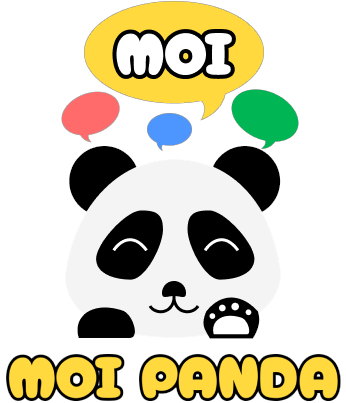What language do you want your children to learn?
Language acquisition plays a pivotal role in early-age education, constituting one of its most crucial aspects. In numerous Asian countries, renowned for their fervor for education, a substantial number of parents invest significant resources and time into facilitating their children's learning of a foreign language, particularly English.
Recall to my childhood memory of learning language
Among these countries, South Korea stands out as one of the most fervent, characterized by immense educational pressure. As a child, during my summer vacations, I can vividly recall dedicating as much as six hours per day to a cram school. At the end of each class, we were subjected to daily assessments, and failing meant enduring even longer hours until achieving an acceptable grade. Some might consider this overwhelming, but it was the norm for the majority of us.
Last month I conducted some interviews in Helsinki, asking individuals questions about global citizenship. I spoke with a dozen individuals, from diverse nations, and each provided a unique and distinct perspective. One answer in particular struck me with surprise. A Finnish gentleman, with his Zambian wife and charming children next to him, stated, "I will allow my children to learn whatever they wish to learn."
This response made me realize that, as a child, I was never asked what I wanted to learn. I spent most of my childhood attending cram schools, not because I desired to but because I felt obligated to do so.
The role of self-motivation in language learning
I believe this not only applies to my own experience but also holds true for numerous families. Many parents often perceive themselves as having control over their children's education. Cram schools and private lessons are frequently viewed as effective means to shape their children's education according to parental aspirations.
Nonetheless, the most powerful tool for education is a child's intrinsic motivation. This is especially true when it comes to language learning. Language proficiency cannot be achieved through mere weeks or months of cramming. Language is not a static body of knowledge confined to books; rather, it is a dynamic entity that continuously evolves through communication and interaction.
It serves as a vehicle for formulating thoughts and exploring diverse worlds. Children can truly progress in language acquisition when they engage with it willingly. No amount of textbooks, lectures, or YouTube videos can replace the active interaction they experience with their peers.
Language acquisition cannot be coerced; while initial progress may be achieved through forced efforts, true immersion occurs only when children genuinely enjoy the learning process.
The journey starts with children’s own hands
It is for this reason that I find myself aligned with the mission of Moi Panda. Moi Panda provides a safe, social, and educational app for families to build meaningful friendships globally and locally. We truly value children's autonomy and their voluntary choices. Children can select friends to spend time with, languages they wish to learn, and hobbies they desire to share. Through these autonomous decisions, children become self-motivated to explore the realm of diverse languages and cultures. The journey towards global citizenship begins in the hands of children themselves.
Minsu Kang, Business Development at Moi Panda


